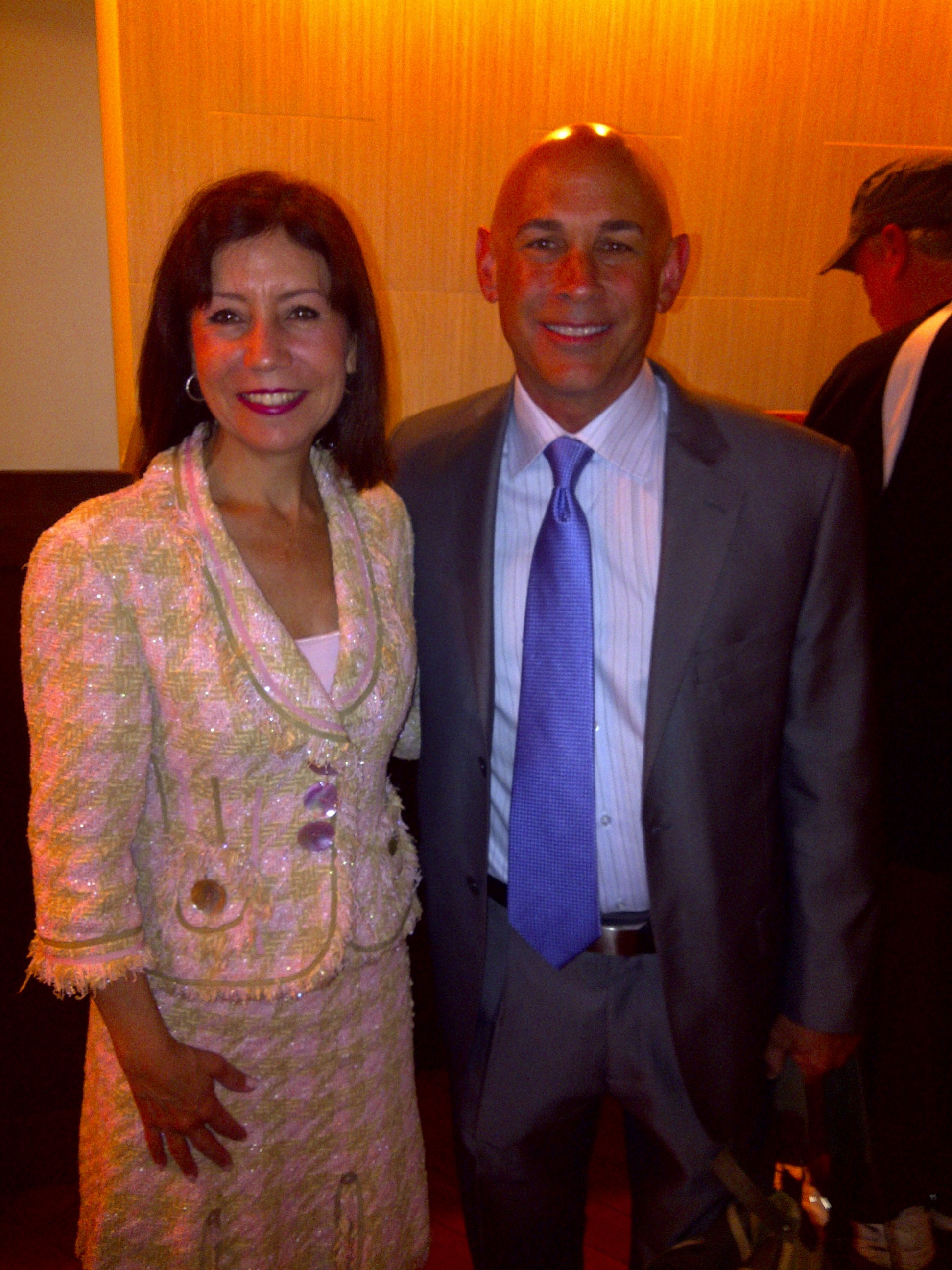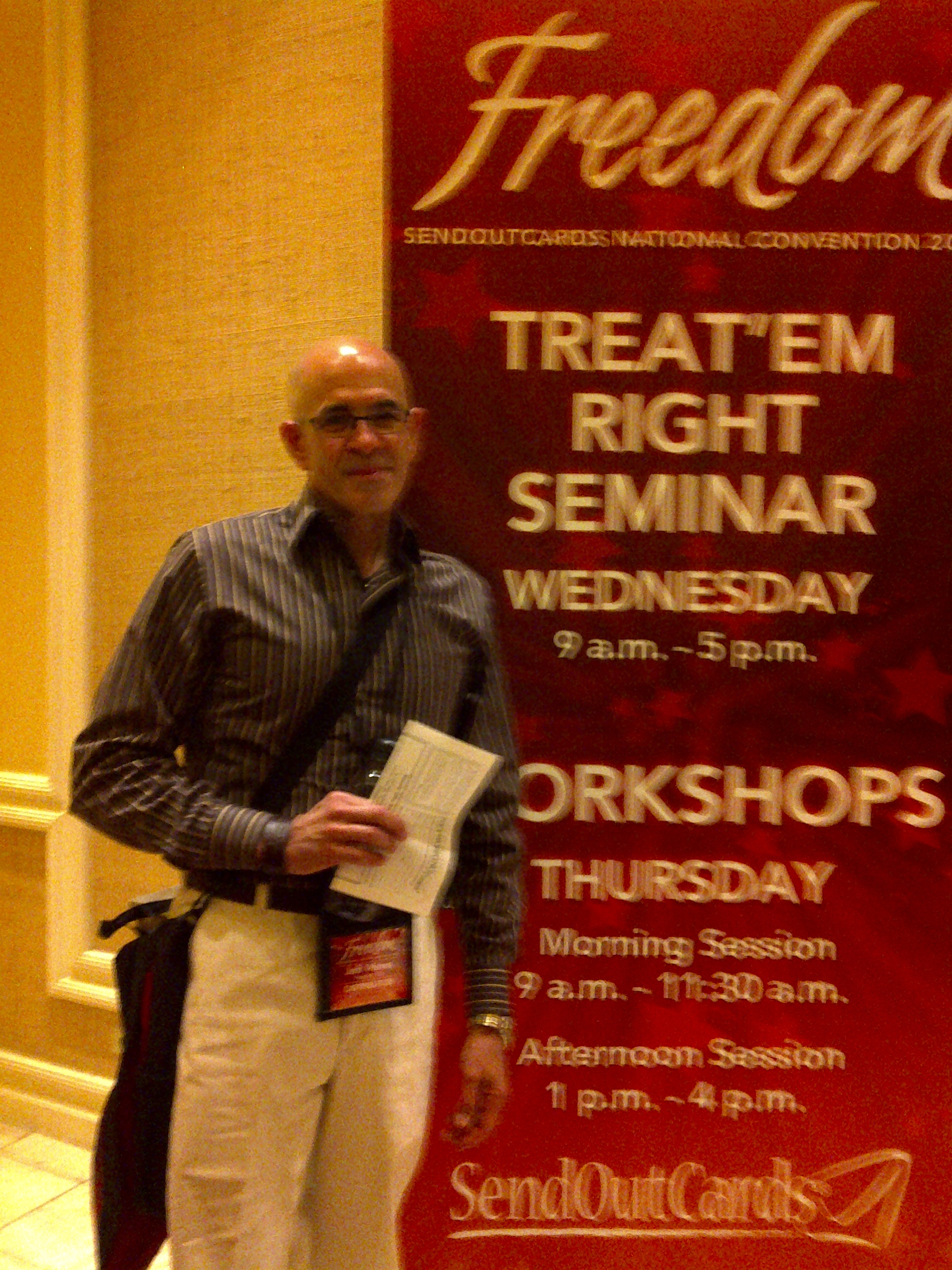 The other night I gave a presentation on the topic of communication for a women's diversity group. My topic was Creating Confidence: Ten Ways Women Sabotage Communication in the Workplace. Within 20 minutes of sending out the first announcement 60 people signed up. A few hours later there were 100 registrants. And the final number was 300 women. The room capacity was limited to 90 people so they had to close registration. Obviously, this topic hit a nerve. There was company-wide interest.
And then I received a call that there were one or two women who were offended by my title. They thought it was disparaging to women. Two people out of 300 were upset. But it was enough to cause discussion within the committee. I've given this presentation to Skadden Arps, AXA, the NBA, and others. It was always well received. After much back and forth, it was decided that they would change the title on the PowerPoint slide to Creating Confidence: Ten Tips to Maximize Your Communication.
The other night I gave a presentation on the topic of communication for a women's diversity group. My topic was Creating Confidence: Ten Ways Women Sabotage Communication in the Workplace. Within 20 minutes of sending out the first announcement 60 people signed up. A few hours later there were 100 registrants. And the final number was 300 women. The room capacity was limited to 90 people so they had to close registration. Obviously, this topic hit a nerve. There was company-wide interest.
And then I received a call that there were one or two women who were offended by my title. They thought it was disparaging to women. Two people out of 300 were upset. But it was enough to cause discussion within the committee. I've given this presentation to Skadden Arps, AXA, the NBA, and others. It was always well received. After much back and forth, it was decided that they would change the title on the PowerPoint slide to Creating Confidence: Ten Tips to Maximize Your Communication.
The event attracted a large crowd and the energy was positive and upbeat. The informal comments very positive and even the few men who attended liked my presentation. It was determined that there was nothing negative about my speech. There was even positive buzz the next day.
What did I learn from all this? When it comes to public speaking, titles sell. If I had led with Ten Tips to Maximize Your Communication I doubt that we would've had that much interest so quickly. Why? Because the word "sabotage" is provocative. It begs the question, How and Why. It creates curiosity. Yet, in a politically correct world it's becoming easier to offend people. The goal is to attract an audience so that they can hear your message. Here's what I've learned from speaker evaluations-the majority rules. If nine out of ten people loved the speaker, believe the majority. There will always be people who don't like a speaker or a topic. Artists provoke us with their paintings and music and change the world. And public speakers can provoke an audience with their words to reach higher, to think bigger. Fear of rejection shouldn't prevent us from taking a risk, pushing the envelope, and telling the truth as we know it.
So I ask you... Are your presentation titles provocative? Send me your favorites.



















